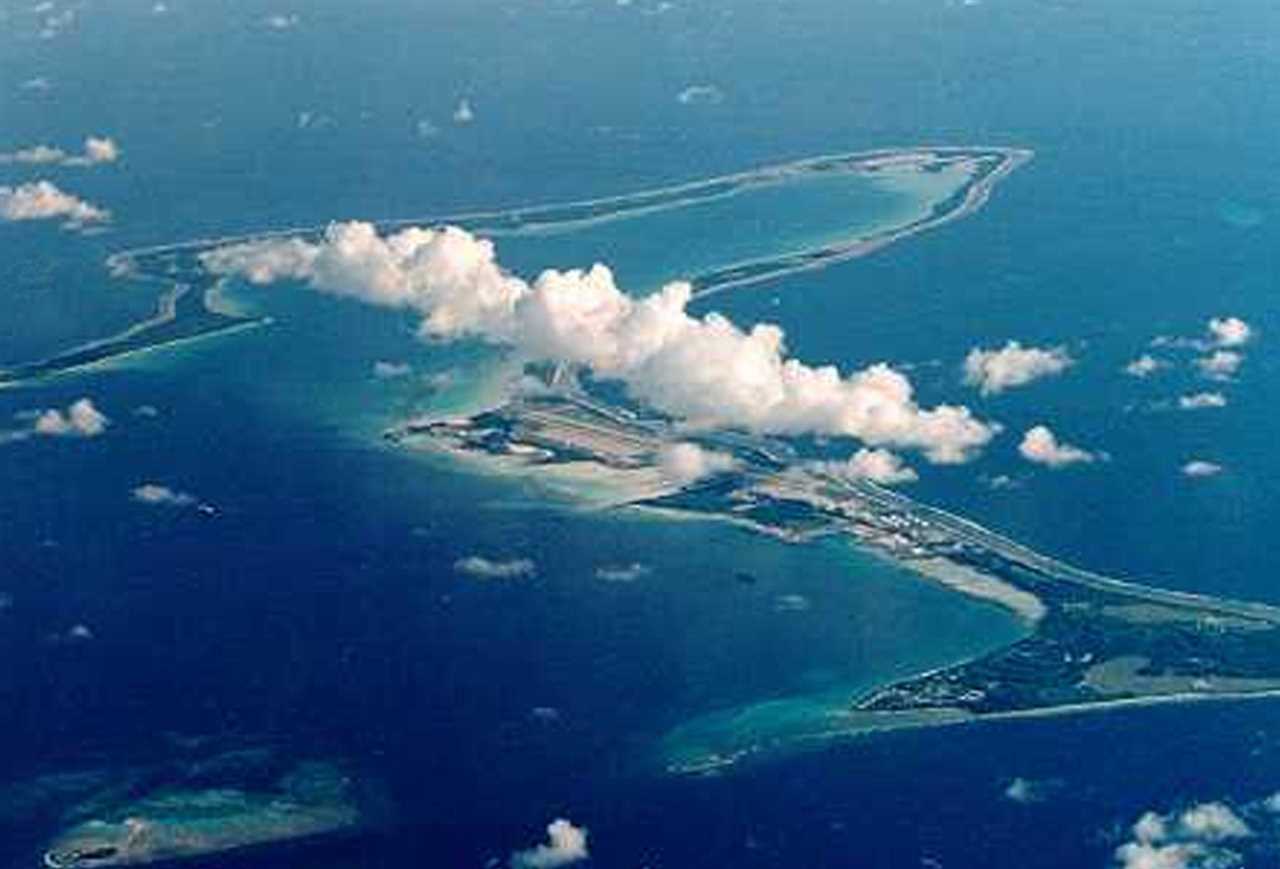
In a nuanced political landscape, Sir Keir Starmer faces accusations of hypocrisy for advocating Palestinian statehood while overseeing the handover of the Chagos Islands. This juxtaposition highlights the intricate web of international relations and legal frameworks shaping Britain's foreign policy decisions. As the government plans to recognise Palestine in the midst of Gaza's turmoil, questions arise about adherence to international law and the broader implications of such diplomatic moves.
The Interplay of Statehood and Sovereignty
Amidst the escalating crisis in Gaza, Sir Keir Starmer's support for Palestinian statehood draws scrutiny, especially in light of the recent decision to transfer sovereignty of the Chagos Islands to Mauritius. The complex criteria outlined by the 1933 Montevideo Convention for state recognition underscore the delicate balance between legal obligations and political realities. How does the UK navigate these competing demands in its foreign policy approach?
Legal Frameworks and Political Realities
As forty peers challenge the legality of recognising Palestine while raising concerns about hostages held by Hamas, the debate extends beyond mere diplomatic gestures. The clash between international law principles and pragmatic considerations surfaces, prompting reflections on the ethical dimensions of statehood recognition. How do conflicting interests and legal interpretations shape Britain's stance on contentious geopolitical issues?
Ethics, International Law, and Political Pragmatism
Former Attorney General Sir Michael Ellis' critique of Sir Keir Starmer's approach underscores the complexities of upholding international law in the realm of foreign relations. The notion of hypocrisy in political decisions unveils tensions between moral imperatives and strategic interests, shedding light on the challenges of navigating global politics. How do competing narratives of justice, security, and sovereignty influence Britain's engagements with statehood matters?

Unpacking Geopolitical Ramifications
Amid accusations of rewarding terrorism and geopolitical manoeuvring, the controversy surrounding the recognition of Palestine invites a closer examination of power dynamics and historical injustices. The reverberations of past colonial legacies and present-day conflicts intersect in complex ways, shaping the contours of statehood debates. How does Britain's historical role in international affairs inform its current approaches to resolving territorial disputes and promoting peace?
As the discourse around Sir Keir Starmer's stance on Palestinian statehood and the Chagos Islands unfolds, a deeper understanding of the intricate interplay between legal frameworks, political exigencies, and ethical considerations emerges. Navigating the complexities of state recognition in a turbulent global landscape requires a delicate balance of principles and pragmatism, underscoring the multifaceted nature of foreign policy decision-making.
Did you miss our previous article...
https://trendinginthenews.com/uk-politics/analysis-record-surge-in-migrant-channel-crossings-despite-political-promises






